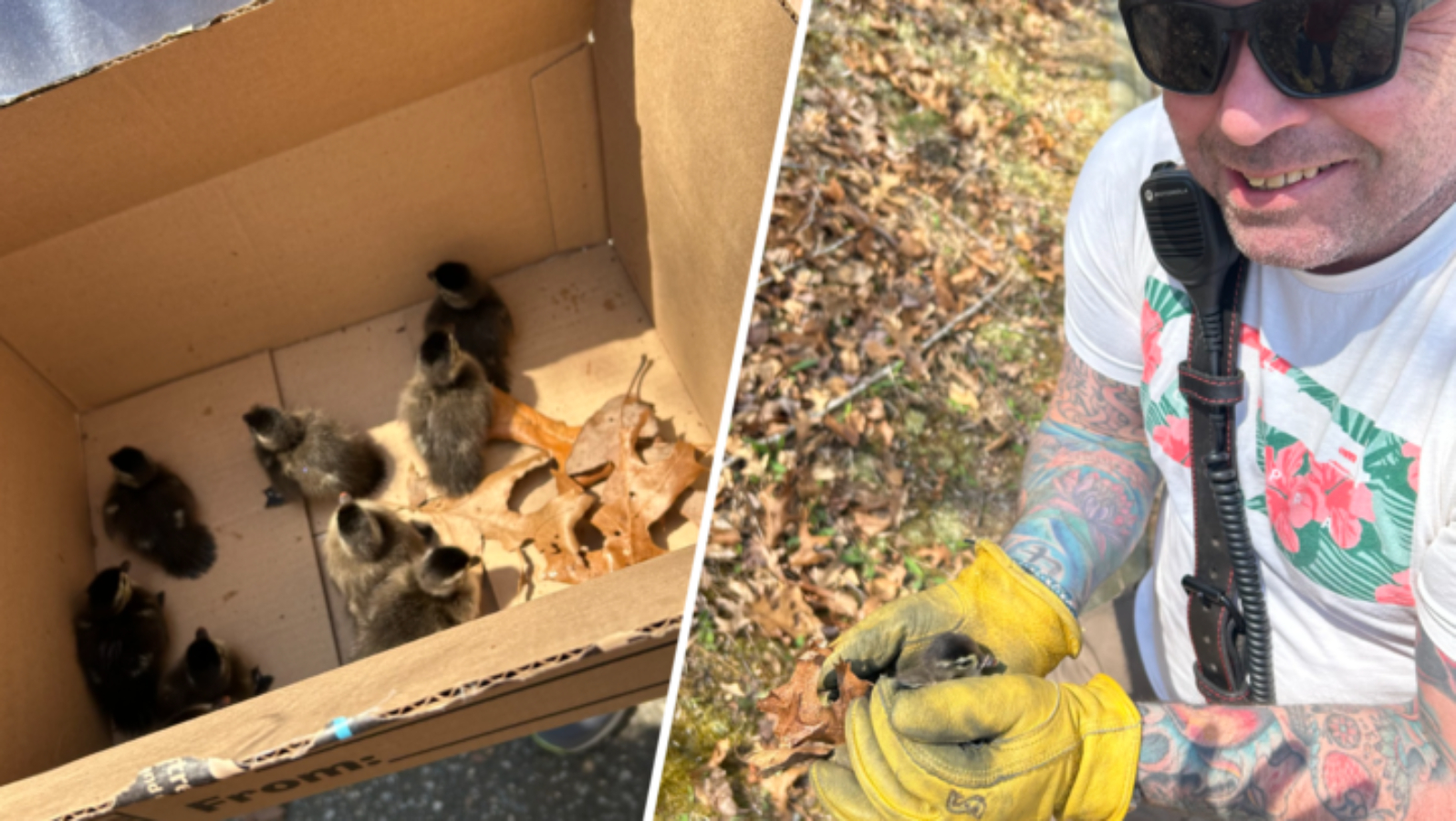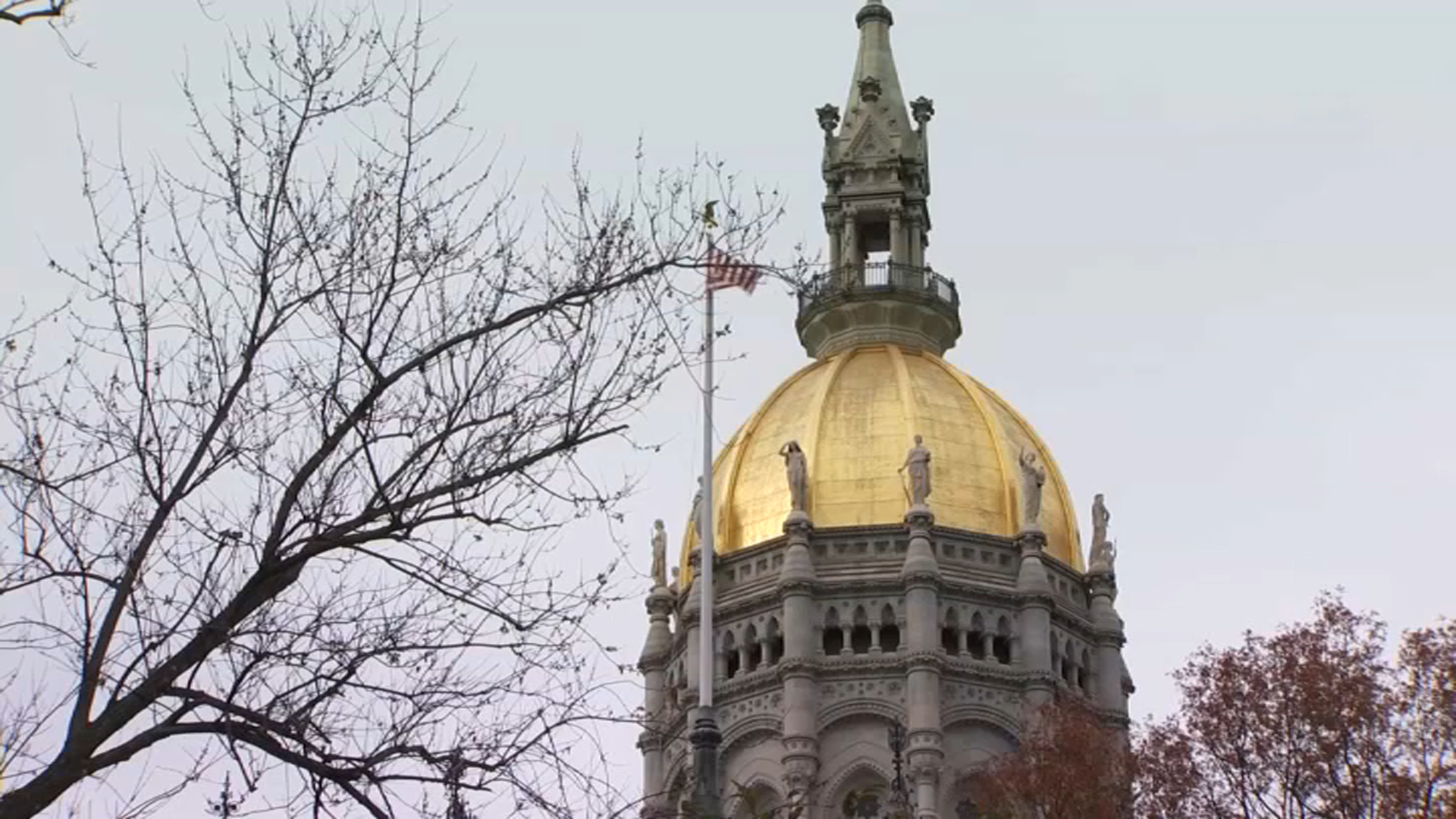The Blue Envelope program was created in January of 2020 to enhance communication between Connecticut police officers and drivers with autism spectrum disorder.
Sonia Turner said she will never forget the day her son, Jordan, got his license. She remembers him coming back from his test with a huge grin, telling her that he had passed.
"It was one of the happiest days of his life," said Turner, who lives in Windsor.
Turner said she was also happy, but she felt mixed emotions.
"Very, very nervous," said Turner. "Very scared, but I knew this was something he had to do."
Get top local stories in Connecticut delivered to you every morning. Sign up for NBC Connecticut's News Headlines newsletter.
Jordan Turner is on the autism spectrum. His mom said that he might communicate differently, especially in a potentially high stress situation like a traffic stop.
"Someone who doesn't know that he has autism might think that he's being disrespectful, or that he is being unruly, or he's resisting what they are telling him to do and that's not the case," said Turner.
In January of 2020, a new program was created in Connecticut to address concerns just like Turner's. The 'Blue Envelope' was created to enhance communication between a police officer and a driver with autism.
Local
But when Turner went to her local police department to get an envelope for her son, she had some trouble actually finding one.
"The sergeant that came to the window had no idea what I was talking about," said Turner. "If we have tools like the blue envelope put into place - why is it so difficult to get?"
What is the 'Blue Envelope' Program?
The blue envelope was created by a state law that went into effect in the beginning of 2020.
According to the state's website, "the purpose of the envelope is to have the driver place their insurance card, registration and driver license in it, so they can hand it to the officer during a traffic stop."
Envelopes are available at all DMV locations, police departments, driving schools and through autism advocacy groups, according to the state.
The outside of the envelope makes it clear that the driver is on the autism spectrum. There is information on the back of the envelope for the police officer.
"Some things to expect - meaning that the individual might need processing time, to use direct and concise language," said Sara Taussik, who leads Wallingford-based Autism Services and Resources Connecticut (ASRC). "They might have sensory processing issues so the lights, the sirens, might be more of a sensory trigger rather than a warning sign."
Along with helpful information for the officer, the envelope lists information for the driver as well:
- Keep your hands on the steering wheel until otherwise directed, even if the officer is not at your car.
- When the officer gets to your car say "I have a blue envelope."
- Answer the officer's questions and ask the officer before moving any parts of your body.
"I would say it is crucial," said Taussik of the voluntary program. "It's one of the best safety protocols that has been put into place in a long time."
Chief Joseph Dooley with the Southern Connecticut State University Police Department also underscored the program's importance.
“To help bridge that communication, to help make a traffic stop a little less anxiety based," said Dooley.
Raising Awareness
After hearing from Sonia Turner, the Windsor mom trying to find an envelope for her son, NBC Connecticut reached out to the Windsor Police Department.
Windsor's police chief, Don Melanson, said if they did not have envelopes, they would get them.
"Our officers were provided information on the program, but we obviously have work to do to get the message out better to our officers," Chief Melanson wrote in an email to NBC Connecticut.
Windsor is not alone. We called police departments across the state to learn if they knew about the blue envelope. While some departments, including Norwich, Waterford and Groton, had envelopes readily available, others did not have the envelopes on hand.
We also spoke with some departments that were not familiar with the program.
“Awareness has been a big challenge," said Dooley.
Dooley, who is also on the board of the Connecticut Police Chiefs Association, said that he will work to get the message out again within the organization.
“It was a legislative decision that was enacted for all the right reasons and then I think the fact that COVID hit, it didn’t get the attention," said Dooley. "So, it has delayed attention and it’s going to continue.”
Last fall, the team at Southern made a video where they demonstrated a traffic stop and explained how to use the blue envelope.
"It’s about safety. It’s about providing a comfort level and I guess probably one of the best words is bridging that communication gap," said Dooley.
The team at ASRC keeps a stack of blue envelopes on hand, as they work to raise awareness within police departments and within the community at large. They also train some police departments and hand envelopes out to officers then.
"The more readily available these blue envelopes can be, the more normalized it will be," said Taussik.
The DMV and ASRC have mailed envelopes to families. The phone number for ASRC is 203-265-7717.
NBC Connecticut was able to get Turner an envelope for her son, Jordan. He said that he feels safer with it. Turner is thankful for that, but she is also hoping that the process is not as difficult for others who are trying to get an envelope.
"It's important that we are getting the word out so that our children are safe," said Turner.
SCSU Traffic Stop Event
The Southern Connecticut State University Police Department is partnering with the university's Center of Excellence on Autism Spectrum Disorders to host a traffic stop practice event for individuals with ASD.
According to Dooley, participants will get the opportunity to review and practice a traffic stop with police. They will also learn about the blue envelope.
The event will take place on April 30, 2022 from 8 a.m. to 12 p.m. at the SCSU School of Business building and parking lot 12. Drivers with autism must have a current license, car, registration and insurance. A support person is welcome to attend.
To register for the event, people can email asd-center@southernct.edu and include "traffic stop practice" in the subject.



